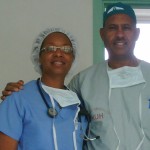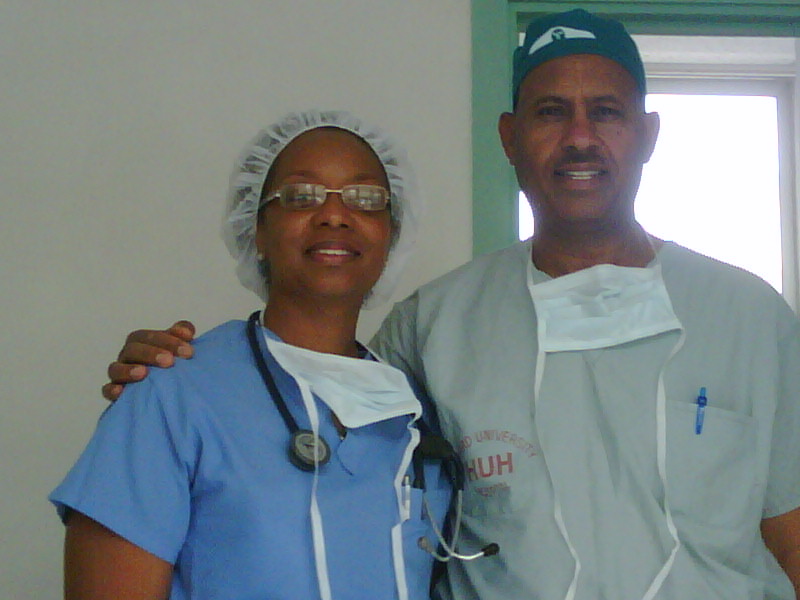 In the Army, one is often tasked to do a job that most consider undesirable (i.e. 20 push-ups in full combat gear, pulling weeds in the parking lot in full combat gear, or painting the commander’s office in full combat gear); at the completion of said task the assigning officer or Drill Sergeant may state (re: yell) “Well, what do you have to say…” The appropriate answer to convey your honor at being chosen to do the push-ups, pull the weeds, or paint the office would be, “Thank Sir/ Drill Sergeant for the opportunity to excel”.
In the Army, one is often tasked to do a job that most consider undesirable (i.e. 20 push-ups in full combat gear, pulling weeds in the parking lot in full combat gear, or painting the commander’s office in full combat gear); at the completion of said task the assigning officer or Drill Sergeant may state (re: yell) “Well, what do you have to say…” The appropriate answer to convey your honor at being chosen to do the push-ups, pull the weeds, or paint the office would be, “Thank Sir/ Drill Sergeant for the opportunity to excel”.
I often think of that phrase when, in my professional life I take on tasks or assignments that no one else wants, or no one else has yet chosen to perform. I was given a wonderful opportunity by a good friend of mine who was, and is, a professor of Critical Care Medicine and Anesthesiology at Johns Hopkins. The task was to help educate nurses and nurse practitioners to learn how to provide anesthesia safely to patients in an austere environment. For Free. This was my first opportunity to do two things that I love – teach and talk about anesthesia – to people who were in dire need of a willing volunteer.
Here in the United States, we take safe anesthesia care for granted. It is a luxury that we expect when we undergo surgery or diagnostic procedures. But I soon learned, in grave detail, that safe anesthesia care is not available to everyone. My first opportunity to volunteer in this capacity was in Asmara, Eritrea in 2003. In Asmara, I met and worked closely with a wonderful nurse anesthetist named Kessette Tweldebrhan. Kessette founded the schools of nurse anesthesia in both Asmara the capital of Eritrea, and in Addis Ababa the capitol of Ethiopia. Among the many, many things that I learned from Kessette was not only the need for anesthesia providers and educators in his and nearby countries; but I also learned about many of the horrible conditions that the citizens in his part of the world endure every day because of the lack of anesthesia providers and a quality anesthesia education.
One problem that I learned about was obstetric fistula. Kessette was fortunate enough to work with Drs. Reginald and Catherine Hamlin in the fistula hospitals in Ethiopia. He gave me the book that they wrote about their experience learning about and devising a plan to combat obstetric fistula. Fast forward 9 years. Recently, I was contacted by another physician who has made it his lifes work to combat obstetric fistula – in Niger. The physician is Dr. Steven Arrowsmith. I came across the accompanying article about Dr. Arrowsmith and his fistula program. Currently they are in dire need of qualified American anesthesia professionals who have the knowledge, skill, will, and desire to step up to the plate and help the women of Niger. I intend to answer the call. Please review the article that I found about Dr. Arrowsmith and visit his website. I’ve also included a few pictures from my travels in Eritrea teaching anesthesia at the Orrota Hospital of Asmara University.
With all of the blessings that we have, consider this as your opportunity to excel. If not you, then who?
Click here for the article by Dr Arrowsmith
